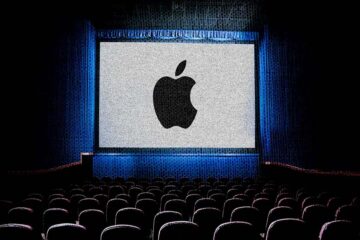Mickey Mouse Enters the Public Domain: A Decades-Long Battle Concludes

After a protracted legal battle spanning decades, an early rendition of Mickey Mouse has finally entered the public domain, marking a significant milestone in copyright history. Let’s delve into the details of this landmark development and its implications for Disney and intellectual property law.
The Origins of Mickey Mouse
The character in question made its debut in Disney’s iconic 1928 short film “Steamboat Willie.” However, this early iteration of Mickey Mouse differs in several notable aspects from its modern counterpart, including the absence of gloves and oversize shoes, as well as smaller black oval eyes.
Disney’s Copyright Battle
For 95 years, The Walt Disney Company vigorously defended its copyright over Mickey Mouse, lobbying Congress for extensions to maintain its exclusive rights. Dubbed the “Mickey Mouse Protection Act” by some critics, Disney’s efforts to safeguard its intellectual property faced numerous legal challenges and debates over copyright term limits.
A Shift in Copyright Status
As of January 1, 2024, the original version of Mickey Mouse has officially entered the public domain, albeit with certain limitations. This development marks a significant shift in the legal landscape surrounding one of the most iconic characters in entertainment history.
Disney’s Response
In response to this milestone, a Disney spokesperson emphasized that while the expiration of the “Steamboat Willie” copyright affects the early version of Mickey Mouse, modern iterations of the character remain under copyright protection. Disney reiterated its commitment to preserving its rights over newer depictions of Mickey Mouse and other copyrighted works associated with the company.
Challenges and Considerations
Despite the entry of Mickey Mouse into the public domain, utilizing the character in creative endeavors may still pose challenges. Legal experts caution that to avoid copyright infringement claims, any new creations featuring Mickey must be substantially different from the original “Steamboat Willie” version.
Precedent and Impact
Mickey Mouse joins a select group of beloved characters that have transitioned into the public domain in recent years. Winnie the Pooh, for example, became free to use in 2022. However, the newfound freedom of these characters also raises questions about how they may be utilized and adapted in various forms of media.
Conclusion: A New Chapter in Copyright History
The entry of Mickey Mouse into the public domain symbolizes a significant milestone in the evolution of intellectual property law. As creators navigate the complexities of copyright and innovation, the legacy of iconic characters like Mickey Mouse continues to shape the cultural landscape, inspiring creativity and debate for generations to come.
















